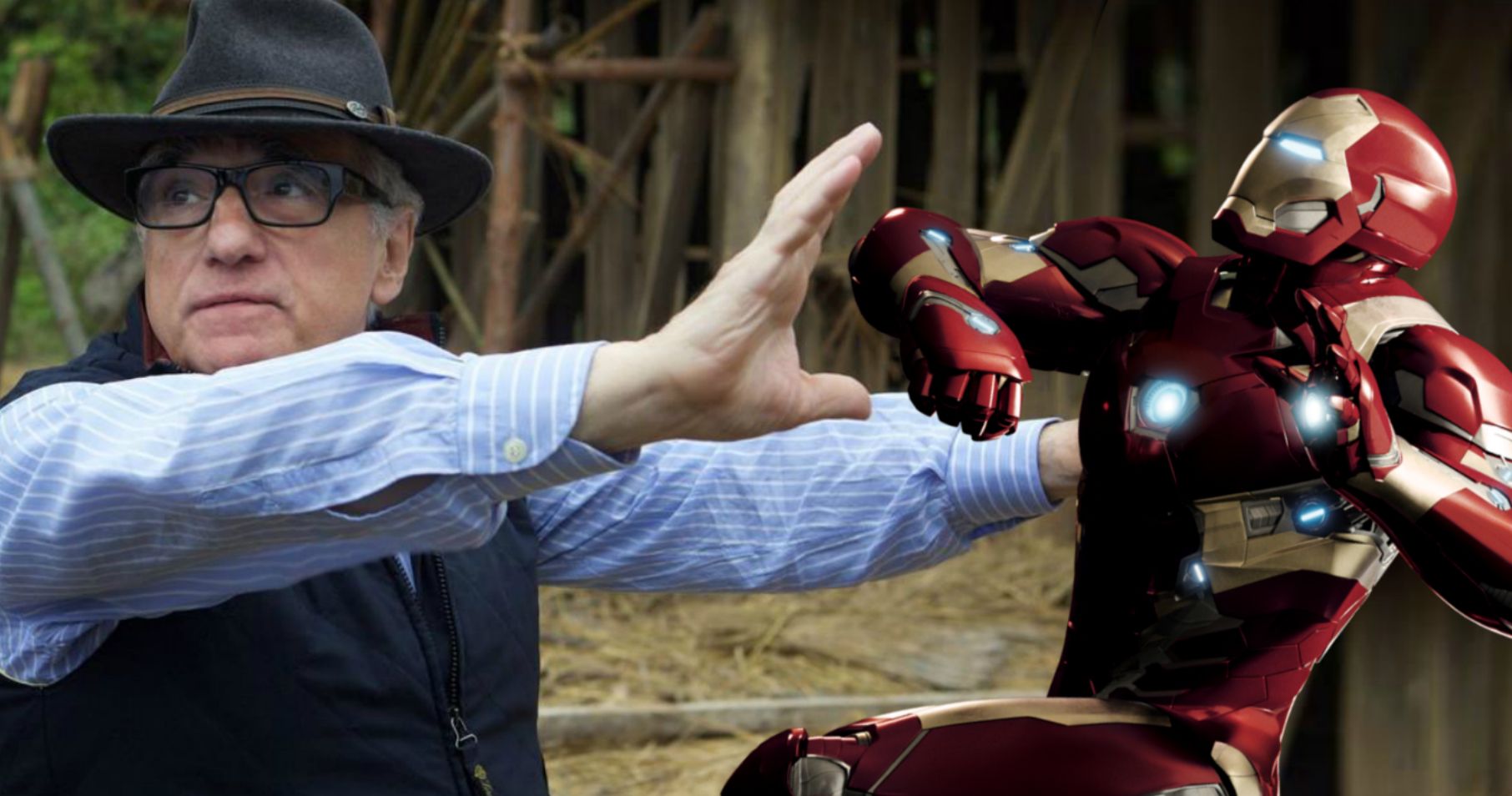Martin Scorsese has fully and carefully explained his stance on Marvel movies in a new op-ed. The legendary filmmaker behind such classics as Taxi Driver, Goodfellas and The Departed has made headlines over the last month over recent criticisms he made about Marvel movies. The headline version of it is that Scorsese compared comic book movies to theme park rides and declaring that they aren't "cinema." Now, to get away from the headline version of the conversation, Scorsese has, rather brilliantly, fully outlined his stance.
The Marvel movies op-ed starts out with Martin Scorsese recounting the events of his now infamous interview with Empire that started this whole conversation. At no point does he walk back his comments. Not one bit. Scorsese does, however, seem to express some frustration with the way in which his words were reported on.
"Some people seem to have seized on the last part of my answer as insulting, or as evidence of hatred for Marvel on my part. If anyone is intent on characterizing my words in that light, there's nothing I can do to stand in the way."
Martin Scorsese warned against soundbites in regards to his Marvel comments. Context is important and this piece offers a lot of context. It doesn't mean fans have to necessarily agree with Martin Scorsese about what qualifies as cinema and what doesn't, but he lays out his argument in a crystal clear way that can't be done justice by pulling out quotes from an interview. Scorsese praises the artistry that goes into Marvel movies, but goes on to explain that their lack of appeal to him is a matter of personal taste.
"The fact that the films themselves don't interest me is a matter of personal taste and temperament. I know that if I were younger, if I'd come of age at a later time, I might have been excited by these pictures and maybe even wanted to make one myself. But I grew up when I did and I developed a sense of movies, of what they were and what they could be, that was as far from the Marvel universe as we on Earth are from Alpha Centauri."
Scorsese goes on to explain his path to finding his love of cinema and his struggle, as well as the struggle of other great filmmakers of his generation, to help assert cinema as an art form. Scorsese uses the great Alfred Hitchcock as an example of a great juxtaposition of art and entertainment. Strangers on a Train is like a theme park attraction, but also a work of cinema. The difference for Scorsese is that Marvel movies, when compared to the works of someone like Hitchcock, don't take risks. "The pictures are made to satisfy a specific set of demands," he argues.
Ultimately, the reason he is so passionate comes down the future of cinema as he sees it. There are fewer independent theatres out there. He had to make The Irishman for Netflix because they were the only ones willing to put up the money. He's aware of the irony, but grateful that his gangster epic is getting a theatrical release. Scorsese's main issue is that Marvel movies are very much a product of the business that is Hollywood that don't take risks on the artist. There is not as much of an individual voice, in his view.
"There are some in the business with absolute indifference to the very question of art and an attitude toward the history of cinema that is both dismissive and proprietary, a lethal combination. The situation, sadly, is that we now have two separate fields: There's worldwide audiovisual entertainment, and there's cinema. They still overlap from time to time, but that's becoming increasingly rare. And I fear that the financial dominance of one is being used to marginalize and even belittle the existence of the other. For anyone who dreams of making movies or who is just starting out, the situation at this moment is brutal and inhospitable to art. And the act of simply writing those words fills me with terrible sadness."
Marvel movies aren't going anywhere and people can agree or disagree with Martin Scorsese's personal stance on the matter. However, his op-ed, read in full, confidently asserts a fair and reasonable stance from one of the finest filmmakers in history. I encourage anyone who was originally enraged by Scorsese's comments to read the opinion piece in full over at The New York Times.

